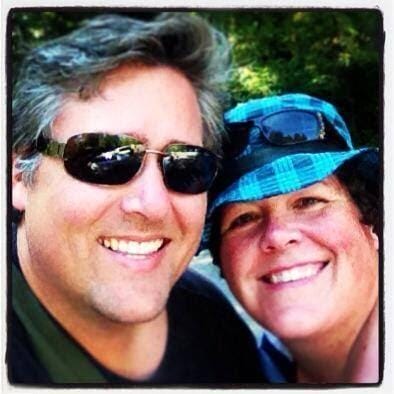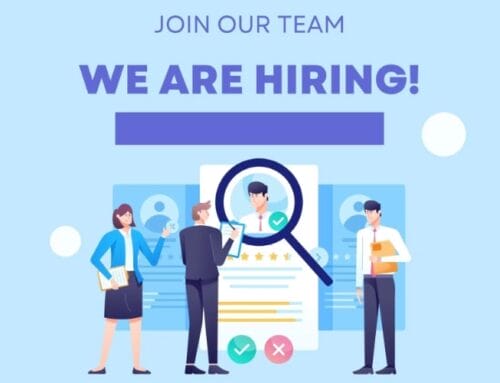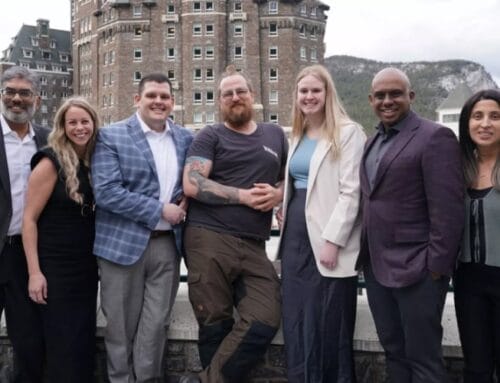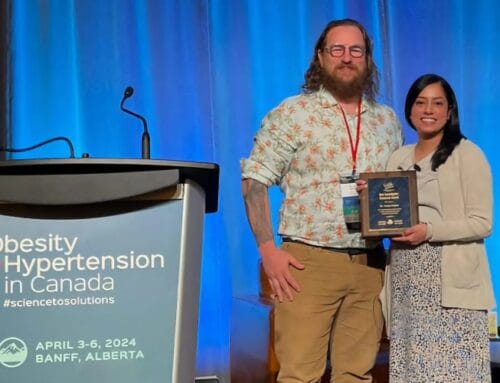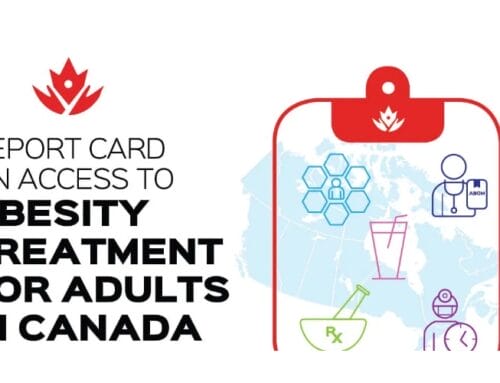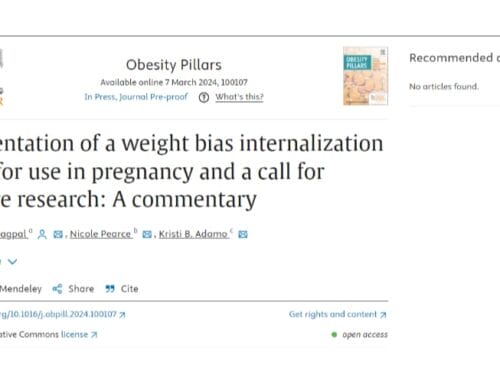By Cathy Moen
When P.T. Barnum was creating his circus, he sought out the strange, unusual and exoticto be in his show. Patrons would come from miles around to experience the three-ring circus, which included circus freaks. We’ve all heard of them: the tallest man, the bearded woman and the fat man or woman, just to name a few.
Can you imagine if the circus came through your town or city today, and there was a freak show included? I can’t imagine that it would last very long. Human rights activists would be on it very quickly. Social media campaigns and boycotting would ensue with a vengeance. However, what if I told you the freak show didn’t end — it’s that we just we just don’t charge for it anymore? I think you’d be shocked.
With all the movements I am aware of, such as #metoo, #ALSicebucketchallenge, #blacklivesmatter, #pride or any hashtag regarding human rights, it’s hard to believe that what I am about to share is still experienced by many who suffer from obesity.
I have always had a mantra of “never be afraid to let your freak flag fly, you do you, and don’t let anyone else tell you otherwise, but if you do raise your flag, be prepared.” The relatiaitive, covert communication may not be what you were expecting.
Let me explain. Recently, I had the experience of travelling abroad to Copenhagen, Denmark, with my husband. Both of us have obesity, and both of us have disabilities. Flying for a normative abled body person can be stressful and bring out anyone’s anxiety, and when you add in obesity and disability you are adding gas to an already well-fuelled fire.
I realized, as my husband and I entered the international travel zone, that we were the freak show of the terminal. As we walked from one terminal to the next, I watched the eyes follow us. I often tried to catch their eye so I could look them in the eye and offer a smile. “Perhaps they could see me and not just my size,” I often hope.
I did smile, and hopefully, it reassured them that we wouldn’t be sitting beside them. When they would notice me watching us, they would quickly look away. Sometimes I would turn my head as we would walk by to see if they were looking at us. Occasionally they were, and again the quick look away from us would happen.
I get it. No one wants to be crowded or cramped, no one wants to be uncomfortable while flying, and that also includes me. I do not want to infringe on your space or share my space with you. I don’t want to be shamed on the plane and listen to your sighs or complaints. And, I really don’t want to become a viral video. I get it, and I don’t want to go through it. My husband and I have been fortunate enough that we have been able to fly business class, so we have enough space and don’t have to hear the complaints, but it hasn’t always been that way.
Sometimes I would encounter stares of disgust. I never went up to them to start a conversation to find out what they were, in fact, thinking. However, having the disease of obesity has enhanced my meta-communication skills regarding implicit discrimination the same way someone who is visually impaired has an impeccable sense of smell and taste. I can generally read people like an open book. I see the eyes slide up down and over my husband and me, and I notice the disgust come over their facial expression. Their upper eyelids raise, lower lip comes up to begin forming a frown, noses wrinkle, cheeks rise up and the eyes form a squint. The body may turn away from us so as not to catch the fat disease. I see it all in less than a few milliseconds.
I know they aren’t seeing me just as I know I am not a freak show, although the blatant stares make me feel like one some days. The people offering their judgmental gaze don’t see the mom or the wife or the volunteer. They see the freak show, and I see them watching. The sad part is, it doesn’t have to be this way because judgments and discrimination are a choice. However, the way that the world treats individuals living with obesity shows their naiveté about the true nature of the disease that impacts my ability and right to participate fully in society. This makes the discrimination and judgments someone with obesity experiences a human rights issue as a person with obesity also experiences the implicit bias in the workplace and the general public.
I work hard at my health, and I will keep striving for my personal health goals. I will continue to look back in hopes of catching my onlooker’s eye, and I will choose to smile.
I am going to keep going, and I am going to keep cultivating kindness and awareness in hopes that it will grow and flourish, offering the onlookers space to smile back. We all matter; I’m not the freak show attraction so many people think that I am.
I am the main event in my own performance, and I’d like to share that spotlight with you.

